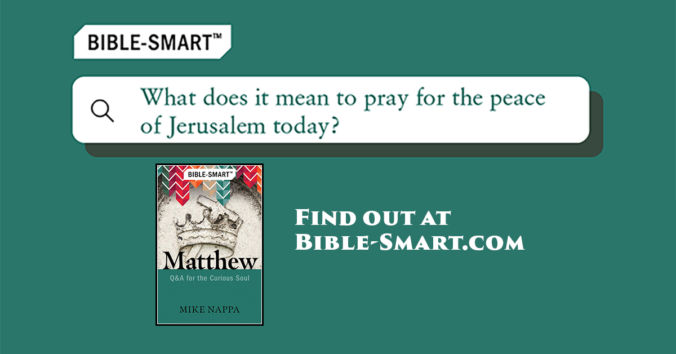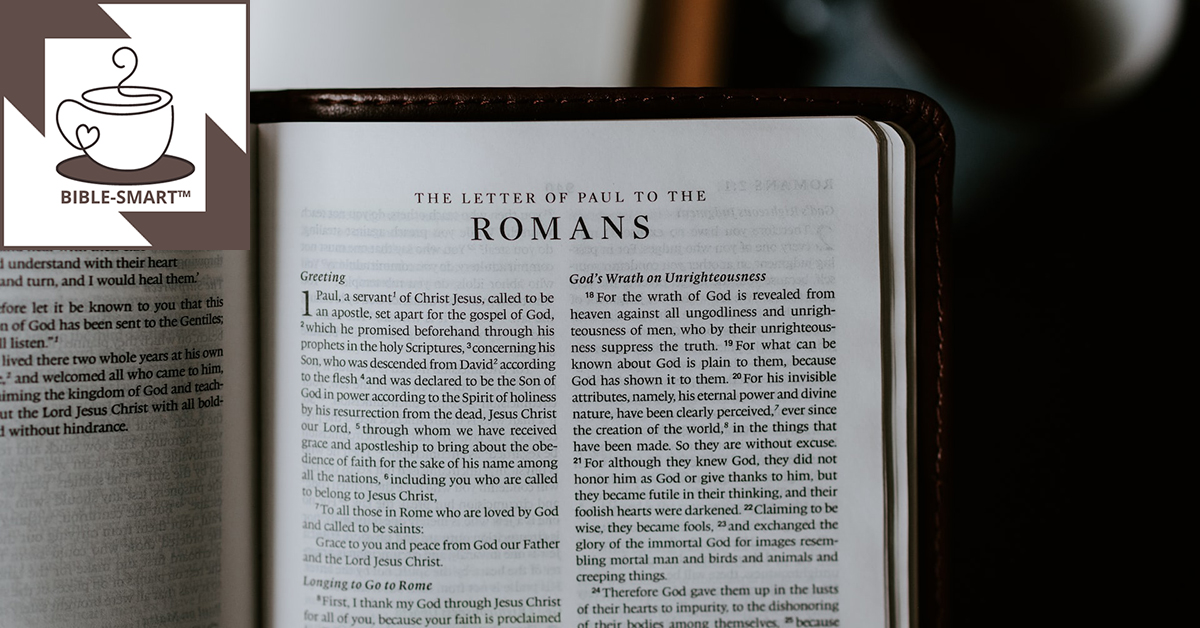Scripture: Psalm 122:6-9 NIV
Pray for the peace of Jerusalem:
“May those who love you be secure.
May there be peace within your walls
and security within your citadels.”
For the sake of my family and friends,
I will say, “Peace be within you.”
For the sake of the house of the Lord our God,
I will seek your prosperity.
Psalm 122:6-9 NIV
History is full of irony, and among the greatest of its pitiless jokes is this: Jerusalem is NOT a city of peace.
It should be different, right? I mean, this is a place whose very name is often interpreted as “city of peace.” These hallowed streets once felt the sandals of the eternal Prince of Peace. And for thousands of years—since Psalm 122 was first sung on the steps of the Temple—nearly all of humanity has heard the appeal to “pray for the peace of Jerusalem.” And yet …
Jerusalem, both today and in ages past, is practically synonymous with violence. Jesus described her this way, “Jerusalem, Jerusalem, you who kill the prophets and stone those sent to you … Look, your house is left to you desolate …” (Luke 13:33-35 NIV). And Bible journalist, Stephen M. Miller reveals: “Perhaps no city on the entire planet has witnessed as much violence over such a long period of time as Jerusalem, conquered dozens of times, reduced to rubble no less than five times, and in recent years a frequent target for Palestinian terrorists trying to reclaim their land.” (Who’s Who and Where’s Where in the Bible, 194).
What was “Peace” in Ancient Jerusalem?
In spite of this depressing history, Psalm 122 still calls us to “pray for the peace of Jerusalem.” What does that really mean?
The Old Testament Hebrew word translated as “peace” in Psalm 122 is šālôm. (Today it might be spoken as “shalom” or “salaam.”) This unique word obviously speaks to safety and the absence of war, but also carries significant meaning beyond simply that. In his Expository Dictionary of Bible Words, Lawrence O. Richards explains šālôm as encompassing “wholeness, unity, and harmony—something that is complete and sound … prosperity, health, and fulfillment.”
This kind of hope-filled šālôm makes up the heart of the worshiper’s “fourfold wish” in Psalm 122:6-9.
- Security from outside attackers (safety from war) (verse 6).
- Unity and harmony among the residents of Jerusalem (verse 7).
- Familial wholeness and health (verse 8).
- Economic, religious, and political prosperity (verse 9).
What’s sometimes overlooked though, is the catalyst behind the Psalmist’s impassioned call to “pray for the peace of Jerusalem.” That’s found in verse 1 (NIV):
I rejoiced with those who said to me, “Let us go to the house of the Lord.”
This, it seems, is why it was (and still is) so important to pray for the peace of Jerusalem: When that city is in peace, the nations of the world can find honest freedom and fulfillment in joyful worship of the one true God. He alone is “Jehovah-Shalom,” a name coined by Gideon on the eve of battle (Judges 6:24), which means “The Lord is Peace.”
How Can We Pray for “Peace” in Jerusalem Today?
In or modern era, Jerusalem is a divided city with an estimated population (as of 2019) of 919,407 souls. Housed within only about 49 square miles, it’s actually smaller than Washington, DC—and crams nearly 19,000 residents into each square mile. A shortage of affordable housing also means that many more live outside the city and must commute to work inside.
The people of Jerusalem are identified primarily by their religion and ethnicity. The majority (about 588,000) identifies as Jewish and associate with Judaism to varied degrees. More than 312,000 identify as Arabic and associate with Islam, again to various extents. Only a tiny remnant, a 2% minority of about 18,000 people dares to be known as Christians.
So, today we have in Jerusalem a city intensely divided by race, religion, politics, and economic status, its people forced to live in close quarters with others they’d regard as “enemies,” and constantly under the threat of military action both inside and outside of city walls.
Peace should be easy, right? Of course not—particularly when our modern media seems titillated to report on, and sometimes fuel, new conflicts in the Middle East. BUT …
Families still laugh and play in Jerusalem … Lovers still picnic by the sea … Children still learn happily at school … Friends still go to the theatre … Artists still create beauty … Worshipers still pray and sing, and … Life happens, day in and day out, in this lost city of peace.
And best of all, it’s still true that prayer changes things (James 5:16) and with God, anything is possible (Matthew 19:26).
That means we—right now, right here—are part of something greater than ourselves and our fallen world. Our meager prayers are a privilege of cooperation with God that only a few dare to dream. So when you next dream of peace for Jerusalem, consider mentioning these topics to Jesus:
- Hope—for God’s Holy Spirit to remove bitterness and complacency from the hearts of Jerusalem’s people; for them to believe that peace is actually possible in their city.
- Security—for Christ to spread his powerful protection around this place, preventing even the empty threat of attack from outside enemies.
- Harmony—for God to turn the hearts of people toward compassion and kindness; for children to lead the way in the rising up of a generation that longs to treat all in Jerusalem as brother and sister.
- Family—for Jesus to knit families together in wholeness and health, in ways that repulse fear and hate in exchange for love and joy.
- Economy—for the people of Jerusalem to have ample opportunity and ability to provide for themselves and their families, to give generously to others, and to no longer be divided over who “has” and who “has not.”
- Worship—for Christ’s Holy Spirit to be not simply present, but undeniably known in obvious ways within the hearts and expressions of His truly beloved people—Jew and Arab alike.
Amen!
RBD 551; WWA 194; EDB 479; IB4 652-653; NOG 8; JP 1
Have a question about the Bible? Use the Ask link to submit your question for future consideration on Bible-Smart.com.
Looking for more? Check out these links:










